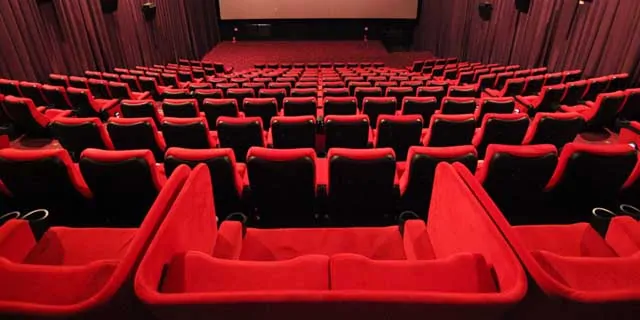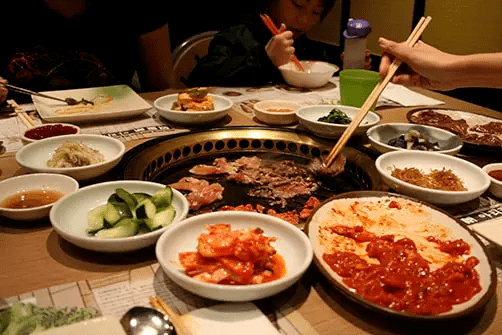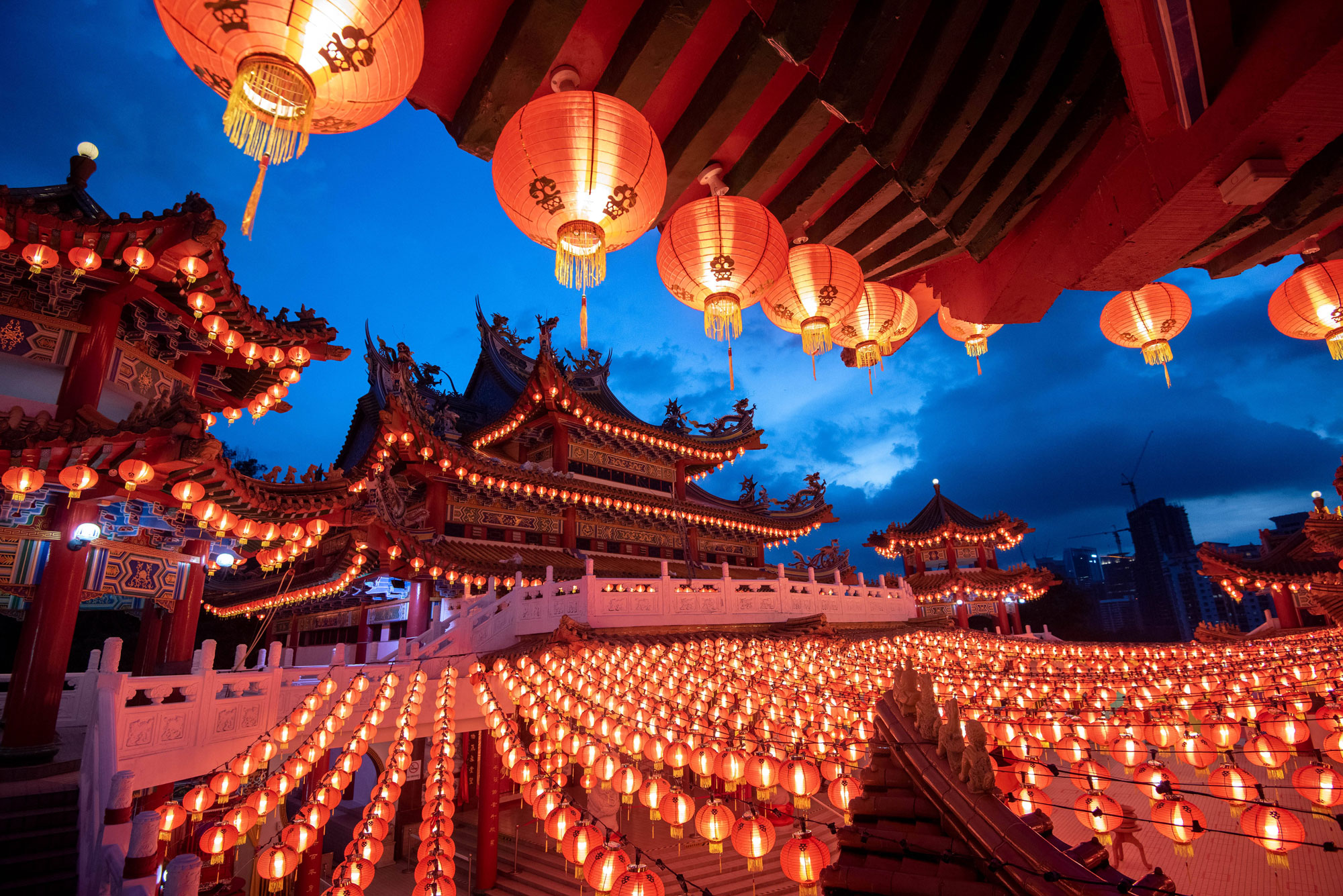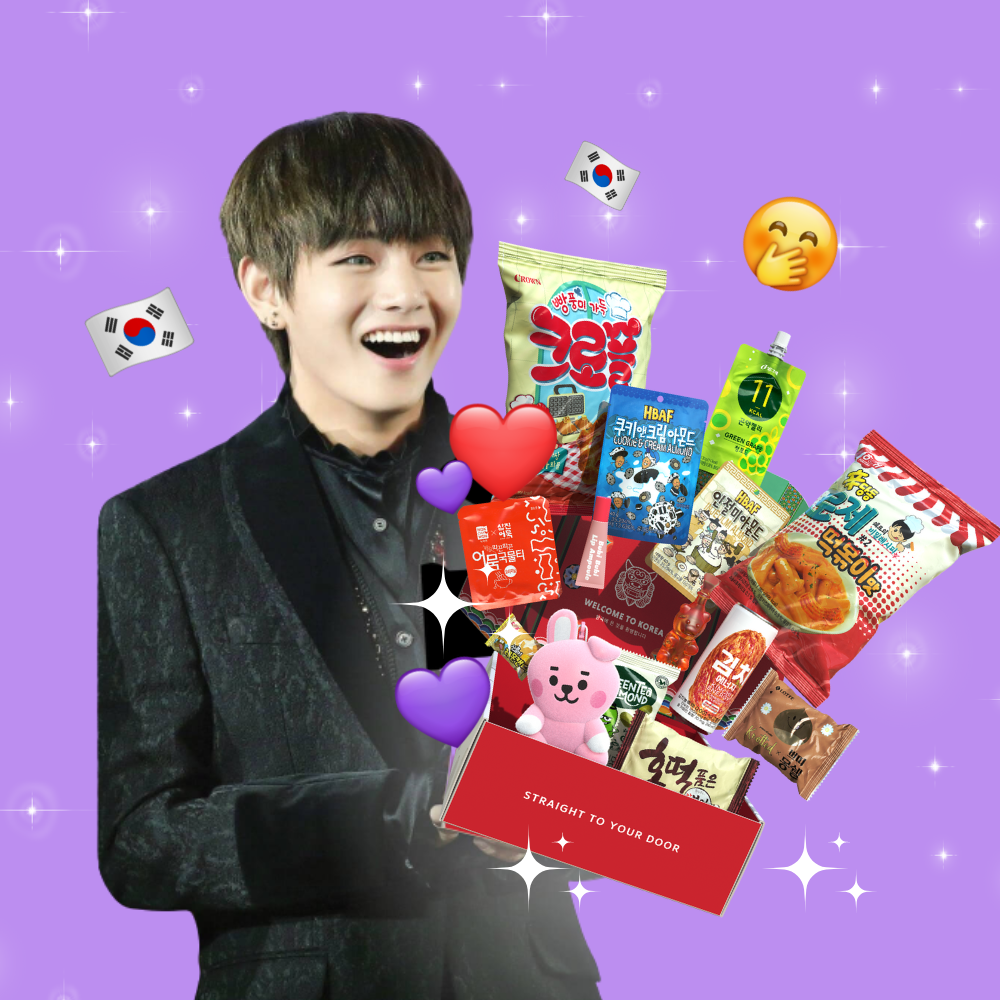1. Korean romantic culture

In Korean romantic culture, couples commemorate significant relationship milestones such as the "one day," "100 days," and "400 days" anniversaries, each marking a step forward in their journey of love and commitment. These occasions hold profound significance, offering couples a chance to reflect on their bond and celebrate their enduring connection. Whether through romantic dinners, heartfelt gifts, or shared experiences, these milestones serve as cherished opportunities for couples to express their affection and appreciation for one another, strengthening their relationship bonds in the process.
Moreover, the exchange of couple rings has emerged as a widespread tradition in Korean romantic relationships, symbolizing the couple's unwavering commitment and unity. By adorning matching rings, couples publicly affirm their exclusive bond and reaffirm their dedication to each other. This practice not only serves as a tangible symbol of their love but also underscores the enduring importance of partnership and loyalty within Korean society, fostering a sense of security and permanence in relationships.
2. Many Korean students study until 10 pm

In Korea, the pursuit of academic excellence is deeply ingrained in the culture, and this dedication often translates into long hours of studying for students. It's a common sight to see students immersed in their books and notes until late into the evening, with many choosing to remain at school or seek out study cafes to continue their learning. These study cafes have become increasingly popular across Korea, providing students with a conducive environment for focused study outside of the traditional classroom setting. Equipped with amenities such as comfortable seating, quiet spaces, and essential supplies, these cafes offer an ideal refuge for students seeking to maximize their study time and productivity.
The appeal of study cafes extends beyond their practical offerings; they also serve as social hubs where students can gather to study together, share academic resources, and provide mutual support. In a culture that values collective effort and academic achievement, these spaces foster a sense of camaraderie among students striving towards common goals. By studying until 10 pm or later, Korean students demonstrate their commitment to education and their willingness to go the extra mile in pursuit of academic success, exemplifying the diligence and determination that are hallmarks of Korean student culture.
3. Dermatologist clinics are very popular in Korea

In Korea, dermatologist clinics have become a cornerstone of the beauty industry, attracting a significant portion of the population seeking various skincare treatments and enhancements. With an estimated 20-30% of Koreans having undergone procedures such as razor facial lifting, skin booster ampoule injections, facial fillers, and botox, the popularity of dermatological treatments underscores the country's obsession with skincare and appearance. These clinics offer a wide range of services tailored to address various skin concerns, from anti-aging treatments to acne management, catering to the diverse needs and preferences of their clientele.
The prevalence of dermatologist clinics in Korea reflects a cultural emphasis on beauty standards and self-care, where maintaining flawless skin is often considered a key aspect of personal grooming. With advancements in technology and a growing acceptance of cosmetic procedures, more Koreans are turning to dermatologists to achieve their desired aesthetic goals and enhance their natural features. By offering innovative treatments and personalized skincare regimens, dermatologist clinics have become trusted destinations for individuals seeking to invest in their appearance and boost their confidence.
4. The Rise of Unstaffed Shops in Korea

In Korea, the rise of unstaffed shops has revolutionized the retail landscape, offering a convenient and cost-effective alternative for consumers. From unmanned ramen shops to snack shops, ice cream parlors, and cafes, these establishments operate on a self-service model, allowing customers to browse, purchase, and enjoy their products with minimal human interaction. Upon entering, patrons are greeted by a simple setup, typically featuring a money basket for cash payments and a kiosk for electronic transactions. This streamlined process not only reduces overhead costs for business owners but also enables them to pass on the savings to customers in the form of lower prices.
The concept of unstaffed shops resonates with modern consumers seeking efficiency and affordability in their shopping experiences. By eliminating the need for full-time staff and optimizing operational processes, these establishments are able to offer competitive pricing while still providing quality products and services. Customers appreciate the convenience of being able to pay, prepare their own food using automated machines, clean up after themselves, and exit without the hassle of waiting in line or interacting with staff. This innovative approach to retailing reflects Korea's embrace of technological advancements and its commitment to meeting the evolving needs of today's savvy consumers.
5. Beware of Cult Recruitment Tactics in Public Places in Korea

In Korea, it can be surprising to encounter people from cults approaching you in public places, attempting to recruit you into their group. These individuals often use persuasive and sometimes deceptive tactics to convince you to join. While such encounters are not extremely common, they can be quite unsettling for those who experience them.
Most people in Korea are aware of these potential interactions and exercise caution when approached by strangers attempting to recruit them into unfamiliar groups. The general awareness and vigilance help to prevent individuals from becoming involved with these cults, ensuring that they remain safe and uninfluenced by such persuasive attempts.
Some more interesting cultural shocks
1. Etiquette in Korean Movie Theaters

In Korean movie theaters, maintaining a respectful and quiet atmosphere is paramount, with any excessive noise, including munching on popcorn, considered impolite and disruptive. Moviegoers are expected to finish consuming their popcorn and other snacks before the film begins to minimize distractions during the screening. This practice is rooted in the cultural norm of showing consideration for others in shared spaces, ensuring that everyone can enjoy the movie without interruptions. The emphasis on silence reflects the value placed on communal experiences and the importance of adhering to social etiquette in public settings.
This cultural expectation enhances the cinematic experience by fostering a harmonious and respectful environment for all attendees. By adhering to these unspoken rules, movie enthusiasts in Korea contribute to a collective enjoyment of the film, free from the common distractions found in other movie-going contexts. The practice underscores a broader societal commitment to mutual respect and mindfulness, allowing each audience member to immerse themselves fully in the cinematic narrative without the interference of unnecessary noise.
2.The Importance of Hierarchy and Respect for Elders in Korean Society

Korean society places a strong emphasis on hierarchy and respect for elders, a principle deeply embedded in its cultural fabric. This hierarchical structure is evident in various aspects of daily life, from language to behavior and social interactions. The use of honorifics when speaking to someone older or in a higher position is a crucial part of communication, reflecting the respect and deference expected in such relationships.
Beyond language, this respect for hierarchy influences behavior and social customs. Younger individuals are expected to show deference to their elders through actions such as bowing, allowing them to speak first, and following their guidance. These practices ensure that social harmony is maintained and that the wisdom and experience of older generations are honored, reinforcing the societal value placed on age and seniority.
3. Korean Dining Etiquette

Korean cuisine is diverse and flavorful, offering a rich array of dishes that appeal to various tastes. However, dining etiquette in Korea includes several practices that might be unfamiliar to foreigners. One key aspect is the custom of removing shoes before entering a home, which signifies respect and cleanliness. This practice is deeply rooted in Korean culture and is strictly observed in households and some traditional restaurants.
Additionally, proper use of chopsticks and adherence to table manners are crucial components of Korean dining etiquette. It's important to use chopsticks correctly, avoiding actions such as sticking them upright in a bowl of rice, as this resembles a funeral ritual. Respecting elders by waiting for them to start eating first and not speaking with a mouth full are other significant practices. Understanding and following these etiquettes can enhance the dining experience and show appreciation for Korean culture.
4. Traditional Korean Holidays

Korea has several traditional holidays and customs that might be unfamiliar to foreigners, offering a rich tapestry of cultural experiences. Seollal (Lunar New Year) is one of the most significant holidays, marked by family gatherings, ancestral rituals, and the preparation of traditional foods such as tteokguk (rice cake soup). This holiday is a time for Koreans to honor their ancestors, seek blessings for the coming year, and spend quality time with family members.
Another major holiday is Chuseok (Korean Thanksgiving), which also emphasizes family reunions and ancestral worship. During Chuseok, Koreans prepare and share an array of traditional dishes, including songpyeon (rice cakes) and various seasonal foods. Cultural rituals, such as Charye (ancestral memorial services), are performed to express gratitude for the year's harvest. These holidays reflect the deep-rooted values of family, respect for ancestors, and cultural heritage in Korean society.
Conclusion
Traveling to Korea is a journey of discovery, where every step unveils new layers of culture, tradition, and innovation. By embracing the culture shocks that accompany this adventure, travelers can enrich their experiences, forge meaningful connections, and gain a deeper understanding of this dynamic and captivating country.
Image credits:
https://altselection.com/wp-content/uploads/2023/02/drama-coreen-6play.webp
https://www.90daykorean.com/wp-content/uploads/2016/10/SW_HA_03_1.webp
https://www.onlyou.sg/wp-content/uploads/2023/07/Family-Values-Learn-Korean-Singapore.jpg
https://www.90daykorean.com/wp-content/uploads/2016/07/img_6618-min.jpg-min.png
https://www.new-beginnings.org/wp-content/uploads/2022/12/korea-new-year.jpg
Author: Saher




